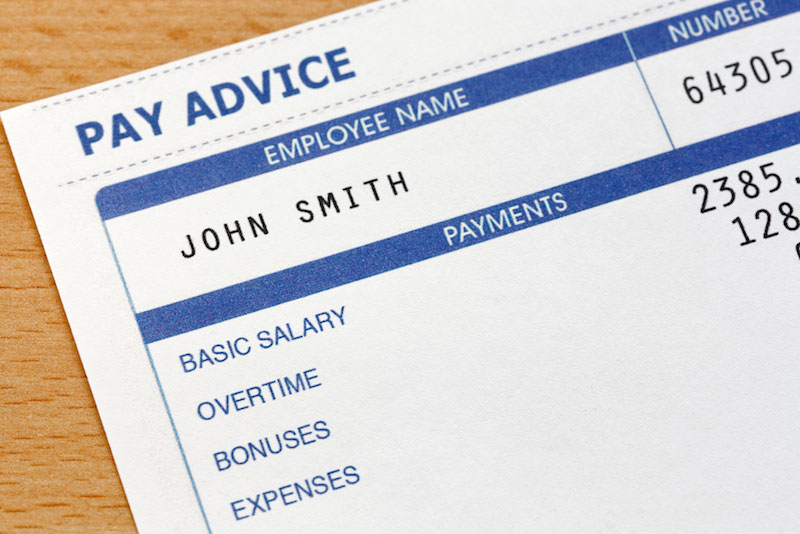What You Can Deduct from Your Employee’s Pay
Pay deductions are always contentious so it is important to know when you are actually allowed to do so. There are certain items that you can deduct from your employee’s pay, even though there are limitations as well. Here is a list of the main deductions you can make from your employee’s salary.

National Insurance / Income Tax
This will be dependent on both their pay and tax code. HMRC will supply your accountant with a tax code which aids them in calculating your employee’s pay. This can change month by month but these deductions are statutory. You may also find that your employee is due tax back, so your accountant will advise you if this is the situation.
Student Loan Repayments
If your employee has attended university and took out a student loan, they will be required to pay back their student loan. This is determined by how much their annual pay is, and when they first took out heir student loan.
- Plan 1 is for people that took their student loan out before 1st September 2012. You will need to deduct 9% of anything they earn and only after their annual pay reach a minimum threshold of £17,495.
- Plan 2 is for people that took their student loan out after the 1st September 2012. You will need to deduct 9% of anything they earn and only after their annual pay reach a minimum threshold of £21,000.
Deductions Agreed with Employee
Any form of written agreement that has been signed by your employee can constitute a legally binding reason for deducting pay. This can include deductions mentioned in your contract of employment. Your employee must be aware and in agreement with the deductions before you do so.
Advanced Payments
If you agree to an advanced payment or loan with your employee, you are entitled to claim this back from their pay. There must be an agreement in place that expressly explains this deduction before you can do so.
Deductions Resulting from Disciplinary Procedure
If defined prior to the deduction taking place, disciplinary procedures can result in a deduction of wages.
Overpayments
If you have accidentally overpaid your employee, you are entitled to reclaim that overpayment from the employee. This can include overpayment of expenses, which in this case would apply as pay too.
Retail Shortfalls
You can make deductions from retail workers if there are cash shortages or stock deficiencies. However, you can only deduct up to 10% from each gross pay made. You can make these deductions over as many pay cycles as it takes to recover the sum. If it is their final pay, you can deduct the remaining amount in its totality.
If you would like more advice about employer deductions, speak with our team today.